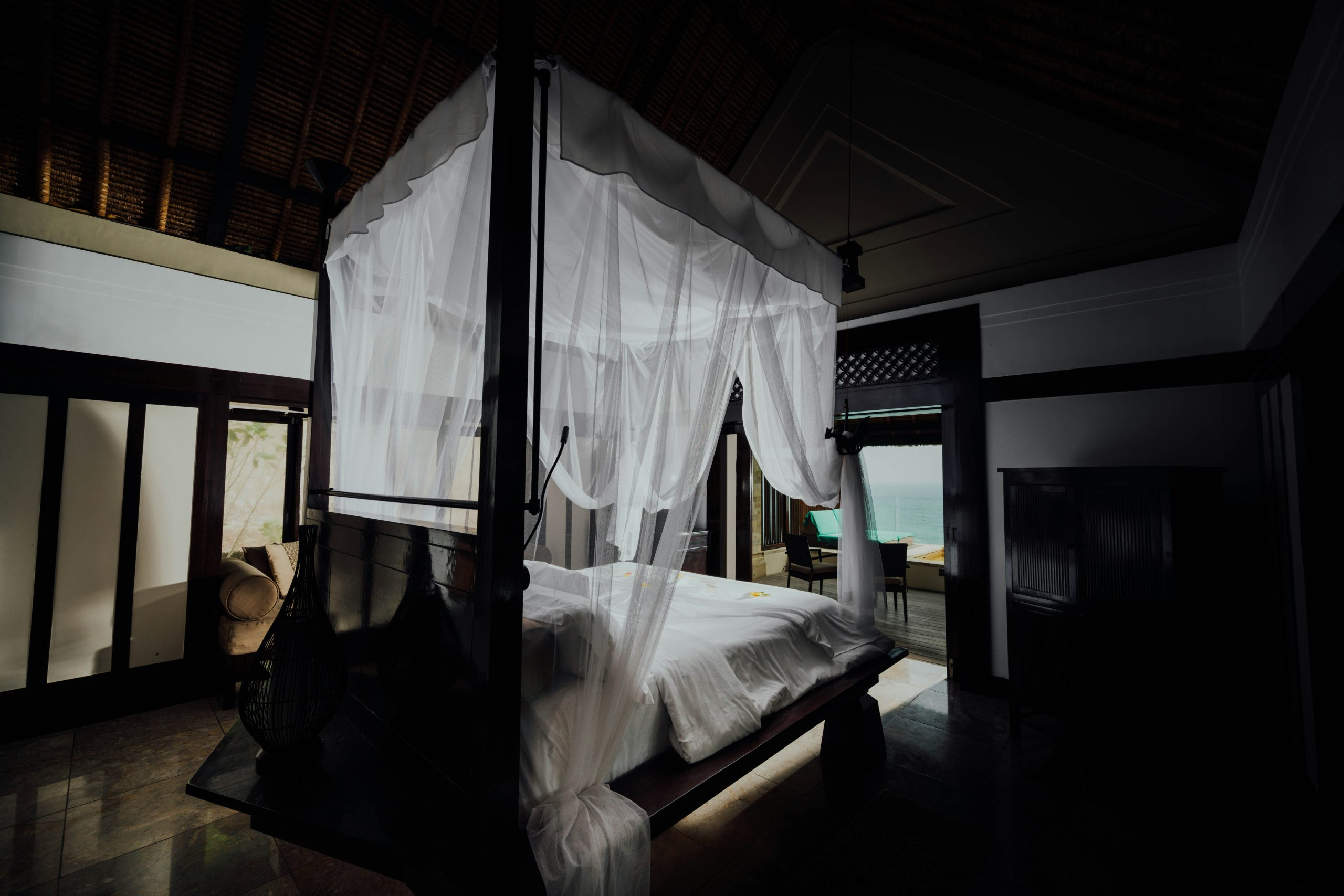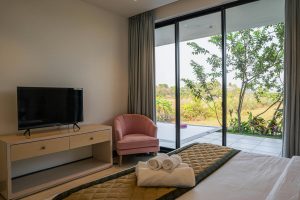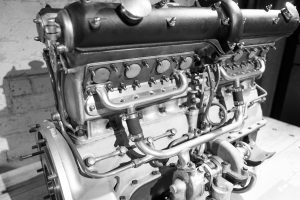How Sound Engineering Makes Cabins Quieter
A quiet, peaceful cabin nestled in the woods is the perfect getaway for those seeking some much-needed relaxation. But what happens when the tranquility is disrupted by outside noises? This is where sound engineering comes into play. In this article, we will explore how sound engineering plays a crucial role in making cabins quieter and how it can enhance the overall cabin experience. From noise reduction to soundproofing, let’s dive into the world of sound engineering and its impact on cabins.
The Science of Sound Engineering
Before delving into how sound engineering makes cabins quieter, it is essential to understand the basics of sound engineering. Sound engineering involves the application of scientific principles and techniques to control, manipulate, and enhance sound. It covers a wide range of fields, including noise control, acoustic design, and audio production.
Why Do Cabins Need Sound Engineering?
Cabins are often located in serene environments such as forests or mountains, making them susceptible to external noises. These noises can range from chirping birds and rustling leaves to passing cars and loud neighbors. To provide a truly peaceful and relaxing atmosphere, sound engineering is crucial in cabins.
Noise Reduction
Excessive noise can be a significant source of stress and can disrupt a peaceful environment. Sound engineering techniques, such as sound absorption and vibration control, can significantly reduce unwanted noises in cabins. For instance, installing sound-absorbing materials on walls and ceilings can absorb and dissipate sound waves, reducing noise levels inside the cabin. Similarly, vibration control techniques can minimize the impact of external vibrations caused by nearby road traffic or construction work.
Soundproofing
While noise reduction focuses on reducing the intensity of sound, soundproofing aims to completely block out external noises. This is especially important in cabins located near noisy areas. Soundproofing techniques, such as sealing gaps and installing sound barriers, create a barrier between external noises and the interior of the cabin, providing a peaceful oasis for cabin dwellers.
Enhancing the Cabin Experience
Besides creating a quieter environment, sound engineering can also enhance the overall cabin experience. With the rise of smart technology, sound engineering has been incorporated into various cabin amenities, such as heating and cooling systems, to improve their functionality and efficiency. Smart thermostats and HVAC systems use sound-cancelling technology to operate quietly, reducing disturbances for cabin occupants.
Creating an Immersive Audio Experience
Sound engineering can also add an extra layer of immersion to the cabin experience. Investing in quality sound systems, designed and installed by sound engineers, can provide an unmatched audio experience for watching movies, listening to music, or playing games in the cabin. Additionally, sound engineers can customize the sound system to suit the cabin’s unique acoustics, ensuring a balanced sound throughout the space.
Conclusion
Sound engineering is a crucial aspect of creating a peaceful and serene environment in cabins. With the right techniques and technology, sound engineers can reduce external noises and enhance the overall cabin experience. Investing in sound engineering not only creates a quieter cabin but also adds value and creates a more enjoyable stay for cabin dwellers.










